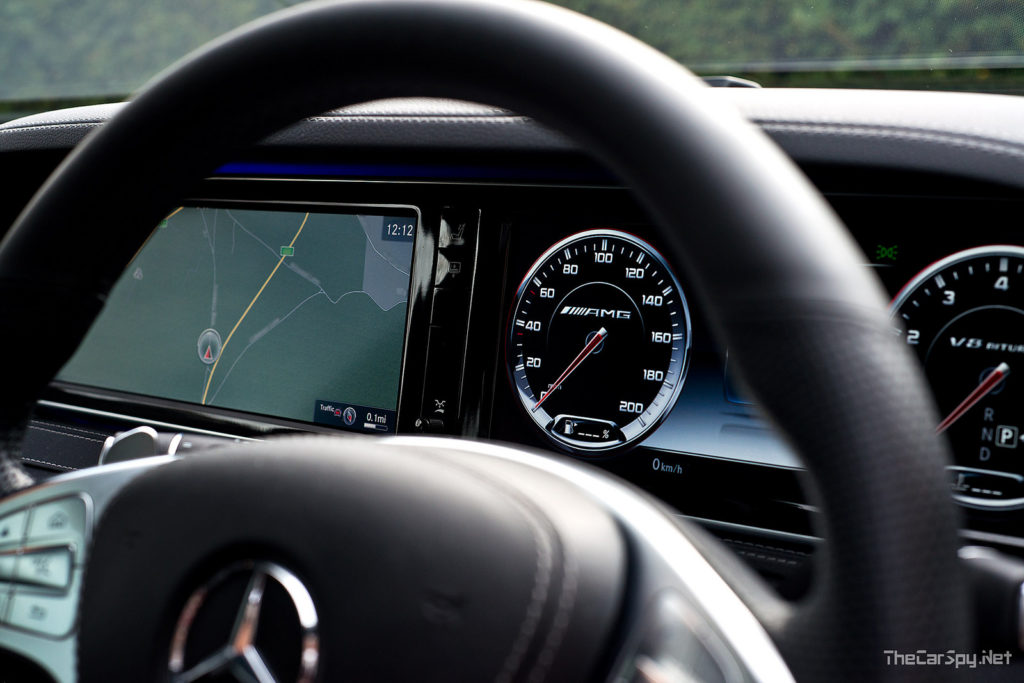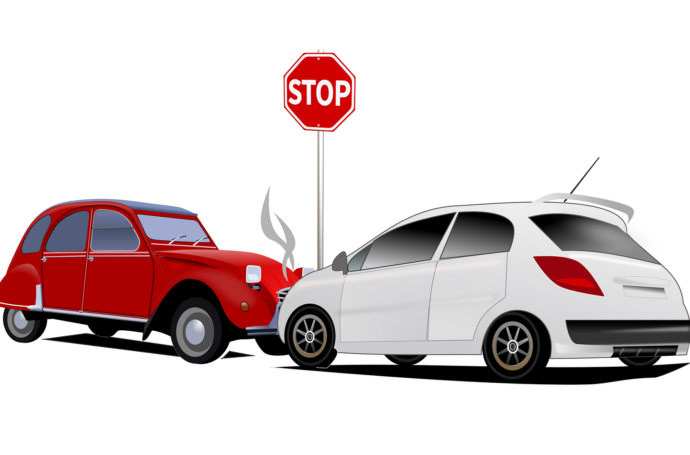
Having access to a vehicle is a must in today’s world. Often, not having a car can mean all the difference, whether it’s for personal or professional matters. But it’s also really important to have a reliable car, not just any car. There are several factors to consider when it comes to buying a car. Cars aren’t cheap, especially when buying one outright. In order to make a smart financial decision, be sure to take the following into account.
If you’re a person that likes to drive good cars but doesn’t always have the finances to afford one, leasing is an incredibly affordable option in most cases. Not always, because owning a car means that after you pay it off, it becomes yours to do what you wish with it, but for the short term having a lease negates many of the downsides of owning a new car.
If you don’t spend too much time on the road or you can’t afford to purchase a car outright due to the loan being too expensive or the down payment too high, for a smaller cost you can lease practically any car you want. For example, you could lease a Mercedes and still be able to pay off the lease, because in most cases, the lease only lasts for two or three years.
Owning a car means it’s yours to do whatever you please. If you have a loan on it, every payment you make builds equity, and once you pay it off it’s completely yours. But remember, loans are more expensive and generally require bigger down payments, so if you need access to more cash each month, then leasing is the more favorable option.
One thing to note when leasing a car is that while it’s a great alternative to owning, there are some factors to consider before signing on the dotted line. Firstly, be aware that your leasing company has a limit on how many miles you can drive within the terms of the lease. If you manage to go over them you will need to pay additional fees for every mile driven over the limit. In some cases the mileage limit can be negotiated, or you can pay to increase the limit when signing the lease.
Also, if you’re accident prone or have young children that might be pose a risk of scratching the vehicle then a lease may not be the best option. Damage fees for leased vehicles can vary but they´re generally limited to the total amount of three month’s worth of lease payments.
In conclusion, both owning and leasing have their pros and cons. If you don’t have the money to purchase a new car, and maintaining an older vehicle feels like too much of a hassle, then leasing is definitely the way to go. If you plan on using the same car for the foreseeable future, and you’re looking to spend less money in the long run, then buying a car would make a lot more sense.


